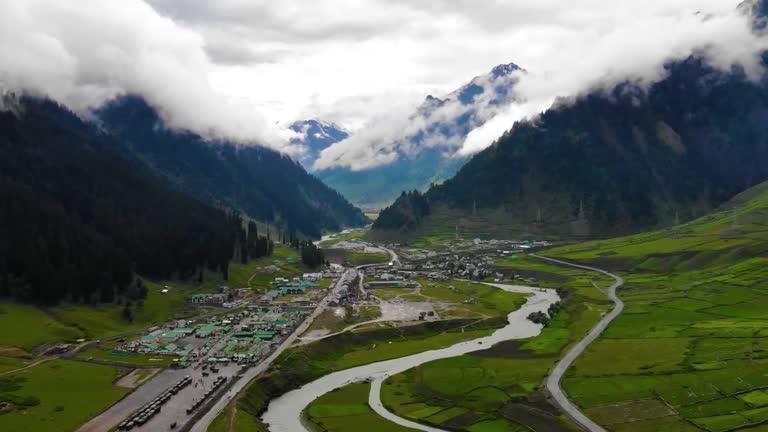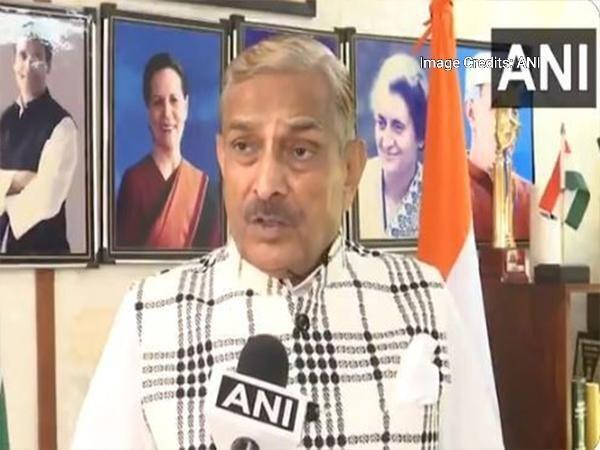
Over 83,000 non-state subjects received J&K domicile: State Govt
In a recent development, the Jammu and Kashmir Revenue Department has revealed that over 83,000 people, referred to as “non-state subjects”, have received domicile certificates in the state over the last two years. This information was shared in response to a written query by Waheed ur Rehman Para, a member of the Peoples Democratic Party (PDP), who sought to know the number of domicile certificates issued by the department in the past two years.
According to the data provided by the Revenue Department, a total of 35,12,184 domicile certificates were issued between 2020 and 2022. This staggering figure indicates a significant influx of non-state subjects into the state, sparking concerns about the impact on the local population and the region’s fragile demographic balance.
For context, the concept of domicile in Jammu and Kashmir is a complex and contentious issue. Prior to August 2019, the state had a unique citizenship law that granted special status to its residents. However, with the abolition of Article 370 and the introduction of the Jammu and Kashmir Reorganization Act, the domicile law was amended to allow non-state subjects to acquire domicile certificates, effectively making them eligible to own land, buy property, and exercise certain political rights.
The Jammu and Kashmir government’s move to grant domicile certificates to non-state subjects has been met with resistance from various quarters. Many locals have expressed concerns about the potential erosion of their rights and the dilution of the state’s special status. The BJP-led government at the Centre has defended the move, arguing that it is necessary to promote economic development and integration with the rest of the country.
However, critics argue that the grant of domicile certificates to non-state subjects is a thinly veiled attempt to alter the demographic balance of the region and undermine the rights of the indigenous population. They point out that the Jammu and Kashmir government has failed to provide adequate safeguards to protect the interests of the local population, and that the domicile certificates have been issued without proper verification and scrutiny.
The controversy surrounding the grant of domicile certificates is not new. In 2020, the Jammu and Kashmir government had announced a new domicile policy, which allowed non-state subjects to apply for domicile certificates provided they had lived in the state for at least 15 years or had a family connection to the state. The policy was hailed by some as a progressive move aimed at promoting economic integration, while others saw it as a threat to the state’s special status and the rights of the local population.
In the aftermath of the policy’s announcement, protests and demonstrations were held across the state, with many locals demanding that the government re-examine the policy and ensure that the rights of the indigenous population are protected. The Jammu and Kashmir High Court had also intervened, issuing notices to the government to explain the rationale behind the policy and the safeguards in place to prevent any potential misuse.
Despite the controversy, the Jammu and Kashmir government has continued to issue domicile certificates to non-state subjects. According to the Revenue Department’s data, the majority of the certificates were issued to people who had lived in the state for at least 15 years, while a significant number were issued to those who had family connections to the state.
The implications of the grant of domicile certificates to non-state subjects are far-reaching and complex. On one hand, the move is seen as a step towards economic integration and development, as it allows non-state subjects to participate in the state’s economy and contribute to its growth. On the other hand, it raises concerns about the potential erosion of the state’s special status and the rights of the local population.
As the debate surrounding the grant of domicile certificates continues, it is essential to strike a balance between promoting economic development and protecting the rights of the indigenous population. The Jammu and Kashmir government must ensure that the domicile certificates are issued in a transparent and accountable manner, with proper verification and scrutiny to prevent any potential misuse.
In conclusion, the revelation that over 83,000 non-state subjects have received domicile certificates in Jammu and Kashmir over the last two years highlights the complexity and sensitivity of the issue. While the grant of domicile certificates is seen as a step towards economic integration, it also raises concerns about the potential erosion of the state’s special status and the rights of the local population. It is essential for the Jammu and Kashmir government to address these concerns and ensure that the interests of all stakeholders are protected.
Source:
https://thecsrjournal.in/non-state-subjects-received-domicile-certificates-last-two-years-jk-govt/






